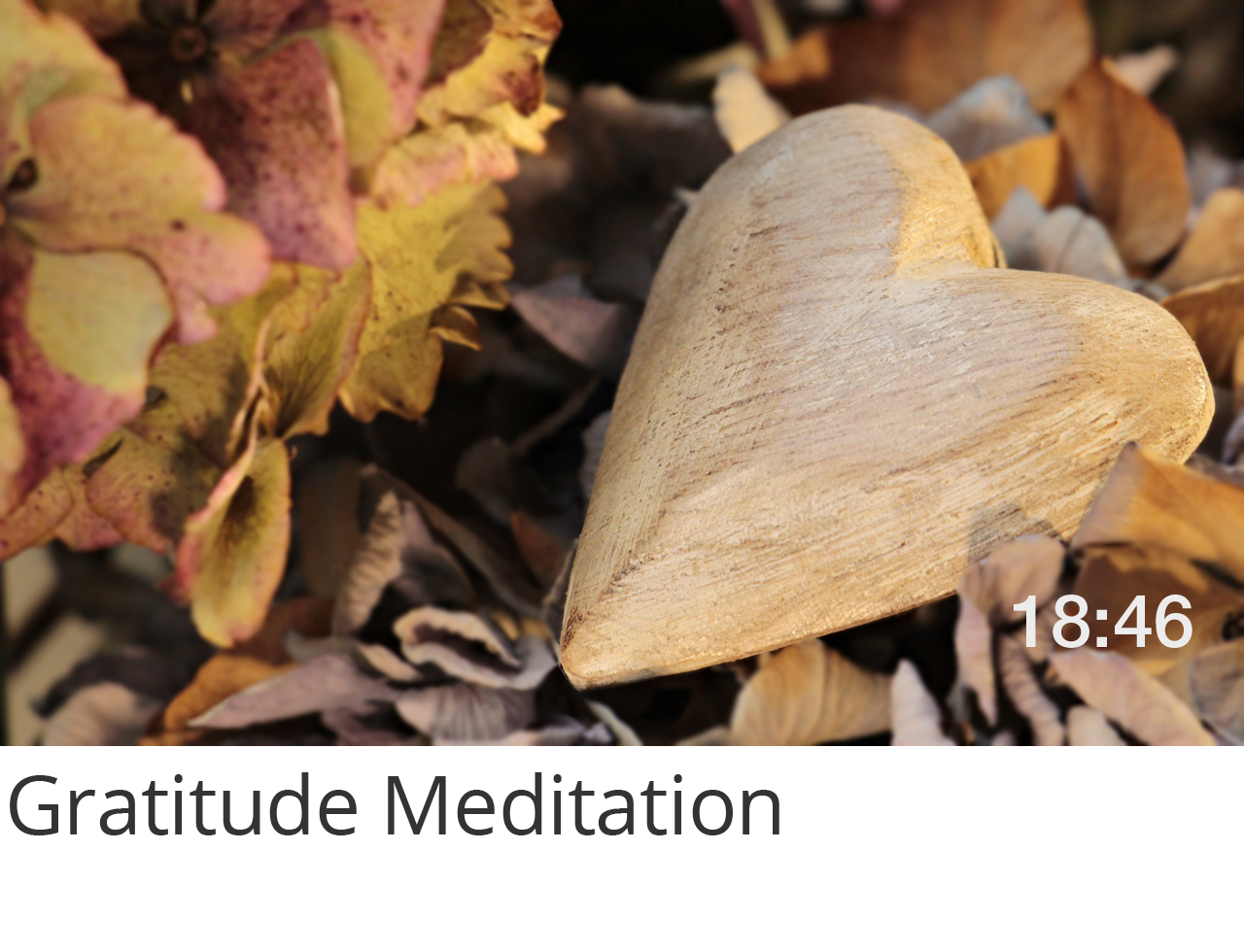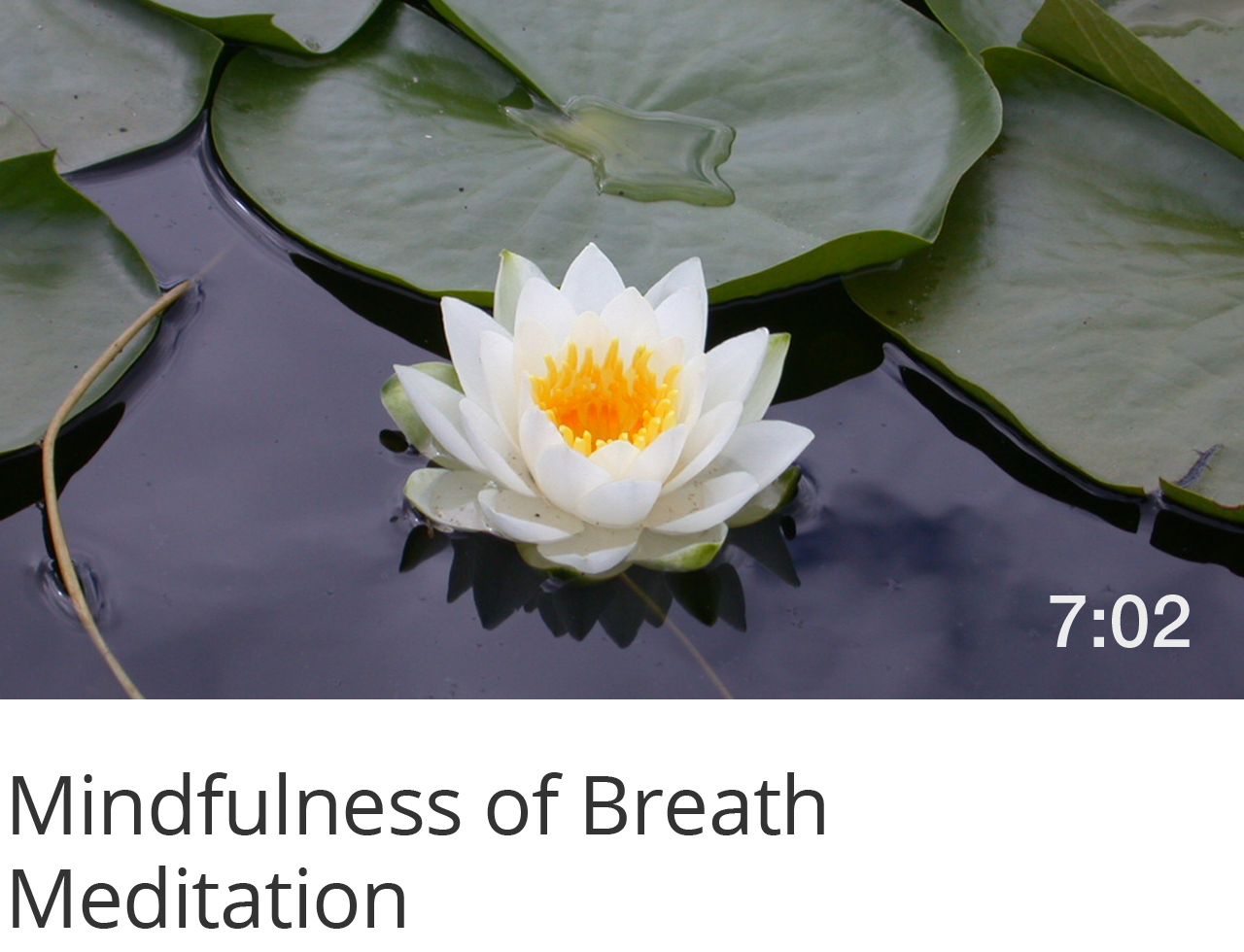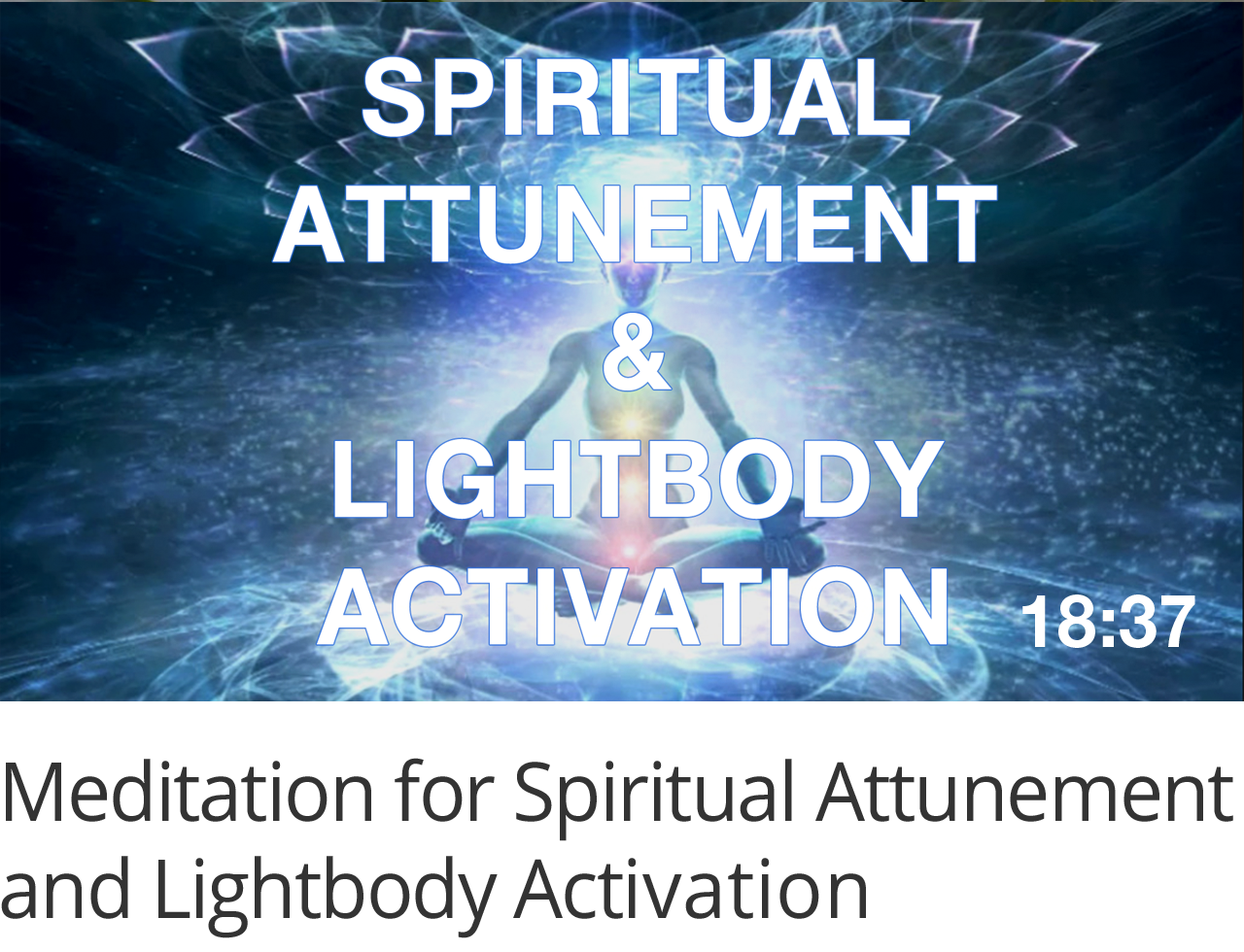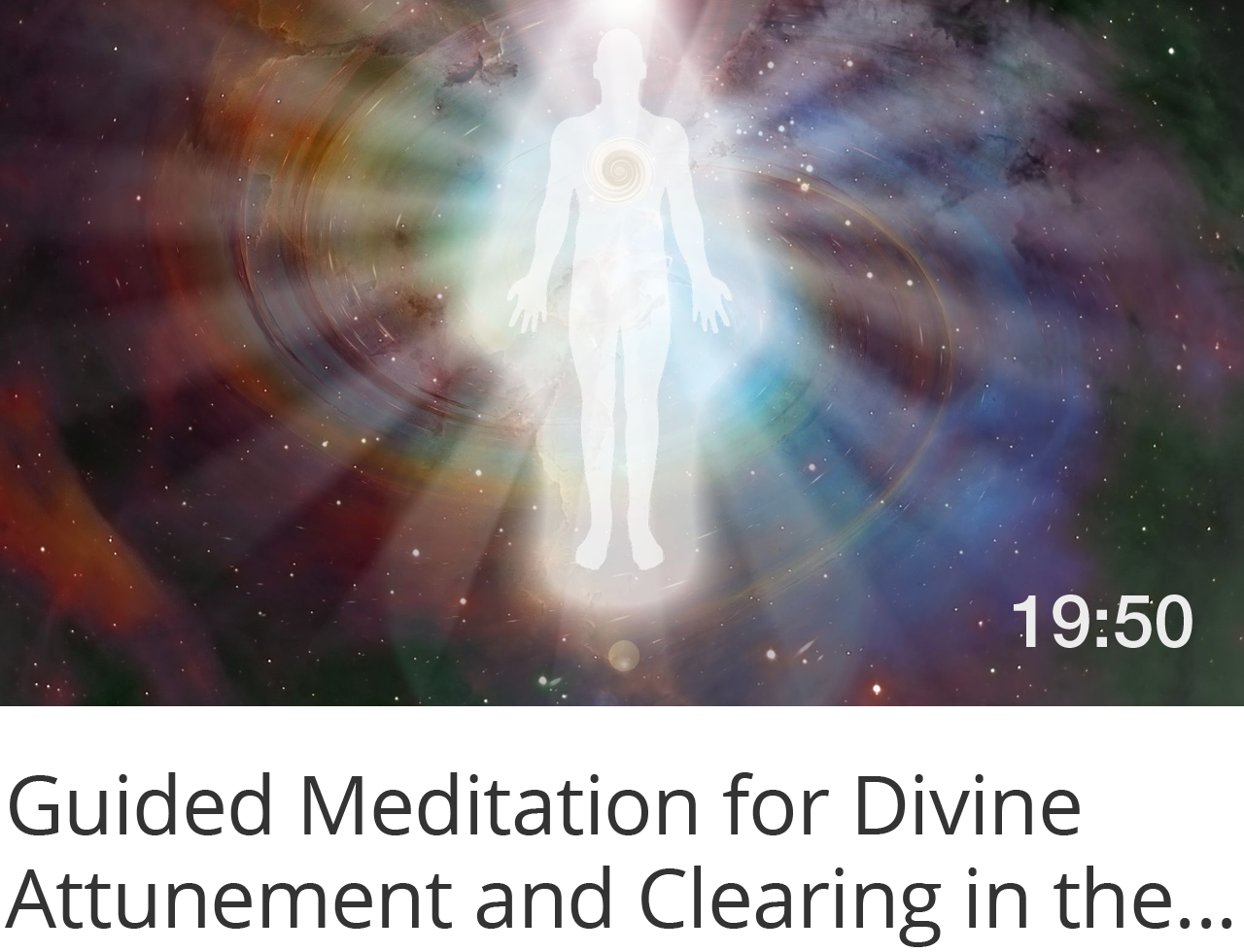Rethinking social media is absolutely necessary for us all in our growth towards greater authenticity and self-realisation. Why rethink? Because social media networks, if not designed and used mindfully, can do two powerful things: they can connect us but also disconnect us. Social media networks are ways of relating electronically, but they can also be ways of dissociating us from our true self and our physical environment by drawing us into a virtual reality of cyberspace and headspace. Interestingly, increased Internet use has been shown to result in the loss of grey matter in the prefrontal cortex, associated with brain dysfunction. Social media networks can also fragment and trivialise our attention and by dint of that our social media relationships. In this post I will share how we can develop our use of social media to maximise its benefits for authentic living, while staying healthy, well, and connected.
Networks and Community
True, effective networks are formed to connect us in supportive relationships, and ultimately community, for the purpose of meeting our authentic needs. This is something we should never lose sight of, especially given the nature of many existing social media networks, which are very good at saturating us with indiscriminate information, distracting and trivialising our attention, creating addictions to content, and encouraging us to compete for social attention.
An important principle of networking is the creation of local hubs or centres of connection. Many social media networks do not have these: they are globally centralised, often as a big business. This runs counter to the whole idea of the Internet as a decentralised network, and immediately distorts the purpose and influence of the social media network, as it becomes a tool of profit for a global business and a restricted few. Using decentralised networks with local hubs or centres ensures that the network—which can still be global in reach when necessary—can respond to local needs, and serve local people and their communities. A network should never be more powerful than the people it serves or have its own agenda of turning people into consumers.
Building authentic community is essential for authentic living. Therefore our social media networks should start in our local community and have this community as their foundation, and never dislocate or supplant our local community experience and full human interaction. Such local networks, centred in and organised by the local community, can then serve as one of many hubs in a larger, perhaps global network, but in doing so will never become globally centralised even if globally connected.
To be most effective, such networks are best grounded physically in a local reality you can know, touch, and participate in with face-to-face interactions. This ensures a reality-check, and keeps us present to our physical world, rather than dissociated in virtual reality, which can so easily be distorted and controlled. Mindfulness along with an understanding of authentic social organisation, is central to guiding the wise use of social media networking. When we lose this physical grounding and presence, and substitute it with online, virtual relationships, our relationships and relationship skills inevitably become impaired, which is borne out by the findings of psychological research, which shows how the brain undergoes negative structural changes in these circumstances.
Due to the structure of mass society, the mass culture and materialism that drives it, and the fragmentation and weakness of local community, we are most likely on automatic pilot, joining without real questioning the globally centralised social media networks that are not an organic outgrowth of our local relationships, but a global creation we try to fit into, and which moulds our social behaviour as individuals, and drains our attention. These social media networks are by their very nature dominated by big business where money buys the reach of information, the agenda of the network is controlled, and global personal data is owned and controlled by a single company.
Social Media and Mass Media
Globally centralised social media, losing its local focus on our communities and our own authentic needs, inevitably absorbs the influence of the mass media. Do we need to know what celebrities in Hollywood are doing when we don’t even know what our own neighbours and other local people are doing? Where attention goes, energy flows—and inevitably our money. Do we realise that these celebrities are in most cases groomed by big business to capture our money through our consumption of mass media? Do we not need to be putting our attention on what really matters instead—on our own locality and its needs? It is so easy for our attention and therefore our energy to be distracted and drained by the mass media with the mesmerism of its digitally enhanced celebrity culture that feeds our insecurities and desires. Mindfulness teaches us healthy boundaries, which determine what we give of our attention and energy.
Effective Networking
Effective social media networking, which supports our self-development and self-realisation, and nurtures healthy relationships, requires our networks to be:
- Decentralised
- Grounded in our local community
- Locally organised
- Specialised
I have already explained the importance of using decentralised networks grounded in our local community. Such networks can be locally organised, which enables them to be shaped by our authentic, local needs. We need networks of support that are driven by local conditions, and this requires that we organise the local networks we form, rather than use networks that have been organised for us by a globally centralised big business.
Specialisation is a big—and often overlooked—key to effective networking and to us meeting our authentic needs as individuals, communities, and ecosystems. What do I mean by specialisation? Well, to be of any real use a network needs to have a specific focus. For example, the focus may be on such things as:
- self-realisation
- ecology
- community
- relationships
- business
Each specific focus can then be divided into further specialisations to more directly focus on our needs—for example, ecological restoration or community currency. The local network will itself be a specialisation by locality when globally connected to other local networks. For example, a network can be specific to a community, a region, or a country, and then interact within a larger network with other networks specific to another community, region, or country.
The problem with a number of the dominant social media networks today is that they are too general in focus and lack specialisation—even if they appear to offer specialisation in the form of optional groups to join. Such networks, because they are so general, saturate us with general, indiscriminate information that overloads us, scatters our attention, and encourages us to have a shallow, short attention span to deal with the information overwhelm. Inevitably, an endless stream of information saturation results in us missing things of true value, and often manipulates us into buying promotion for our information, which in a global network is unsustainable and often ineffective anyway due to a culture of poor attention.
Ensuring that our social media networks are created to meet a specific need means that our attention can become more focused, and that the information does not saturate us, or become lost. In an information network, all information should be easily accessible, and the possibilities for this are increased in a well-designed, locally specialised network.
Ultimately, developing greater mindfulness is the best solution to effective social networking. Mindfulness enables us to control our attention and presence without losing it in our reactivity. With mindfulness we can ensure that our attention and focus is not scattered or lost, and that we remain present in our true self, present in our local community and bioregion, and present to our authentic needs and values. Such focus and presence ensures that our energy is not lost or drained, and can be directed into meeting our authentic local needs.
What Next?
Armed with the above information, we can begin to build true networks, and become more conscious of what networks we do participate in, withdrawing from those that drain us and do not serve our authentic needs. Start with finding specific individual, local needs that a network can address and make the connections. The people and groups you connect with can then bring you more connections. Very soon a network is born and it can start to be organised as a physical network first, and a social media network second, and then connected with other networks of the same focus in other localities and regions. Good luck!
Did you find this article helpful? Please comment and share it!
Related Posts:
Fake News and the New Information Revolution
Why Social Media Needs to Evolve







